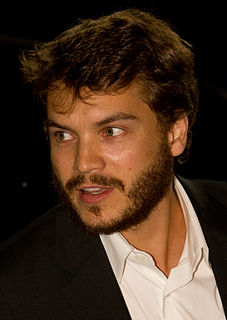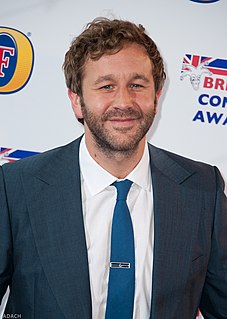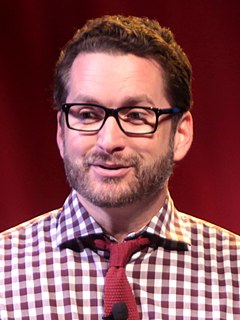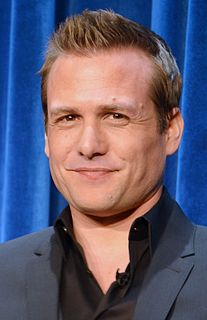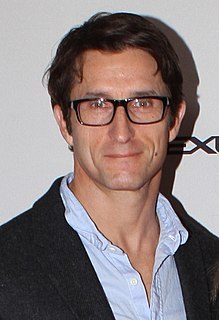A Quote by Emile Hirsch
I've realized that what you think of when you make a 'big movie,' if it's actually a green screen movie, it's like doing independent New York theater because you don't have any backgrounds or props. So it's kind of like making the lowest budgeted film you could possibly imagine, plus $100 million.
Related Quotes
I don’t know if I’d do an action movie because I don’t know if I could keep a straight face honestly, I just think it’s so silly. Like I love watching them but I can’t imagine me doing one. Actually, you know what I’ve done, just for fun because I didn’t think there was any way that I could be in a superhero movie, so I’ve done a scene in the new “Thor” movie, just for that. I just do like one scene, which was quite fun.
Gian Luigi Polidoro and his girlfriend had written this script, it was an American comedy, and they decided I was the guy to play the part. I was young, they offered me the lead in the film, and I said, "Sure, I'll do it." And I'm telling you, there is a movie waiting to be made about the making of a movie like that, particularly at that time in New York. I mean, we shot all over the streets of New York without permits. We would literally grab a shot and run. But Rent Control... I think the total cost was $100,000, and to this director's credit, I think it looks like $200,000.
I'm in the film industry, and I very seldom go to the theater now. It could be work, not being in New York, that sort thing - because in New York, you do go to theaters; you can walk to a theater and then walk to a restaurant. But in places you have to drive out to the cineplex to see a movie, it's starting not to be worth it anymore. It's like the days when you went to get a book at the public library. You don't have to do that anymore. You just go on your iPad and all of a sudden you're reading The Duchess of Malfi.
Of course there's a value in a storyboard if you do a big - let's say an action movie and actors have to move and act in front of a green screen because entire backgrounds exploding and cars flying through there have to be created separately, and in this case you better make sure the actors are precisely placed and the background action is moving in a certain moment, for this type of film you would need a storyboard.
The Cable Guy was underbudgeted, so it was always a debate about whether we could have more days or certain things that we needed, because the budget was determined before the script was written. So that made it a hard production on everybody. But it's also a funny thing, because it's one of those movies that cost $40 million to make and made $100 million around the world, but at the time, it seemed like a disaster that it didn't make hundreds of millions of dollars, because Jim was on such a tear. But it was actually a successful movie.
